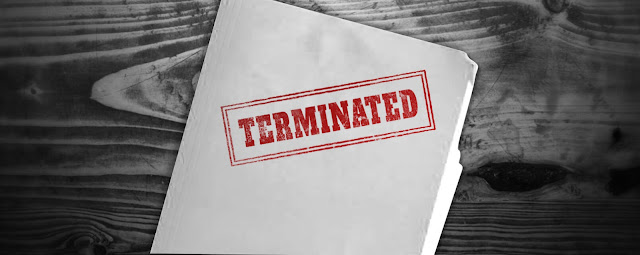How To Choose The Correct Transaction Descriptor For Your Business?

It appears on the credit card statement or any other bank statement of the customer that contains details of the company and merchant involved in the particular transaction. The purpose of the merchant descriptor is to identify whom the payment was made to. Whenever a merchant goes for the merchant account , he or she is asked to provide the merchant descriptor as well. WHAT ARE THE BENEFITS OF HAVING TRANSACTION DESCRIPTOR OR MERCHANT DESCRIPTOR? Having a transaction descriptor can save the merchant from a chargeback. This is the most important benefit of having the transaction descriptor. A descriptor gives clear information about the merchant and the purchase. This helps a customer to quickly identify the transaction. That also results in a low chance of the chargeback from the customer’s end. According to the various reports from the card networks, most chargebacks are filed simply because the customer did not identify the transaction. Now you...






